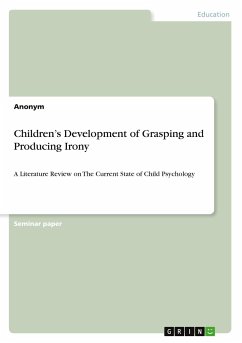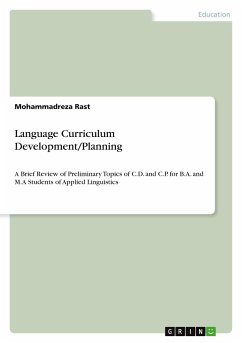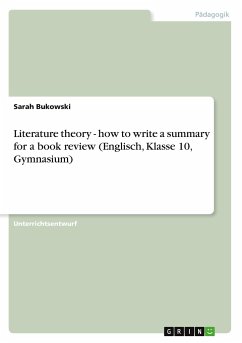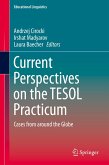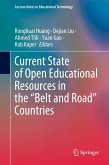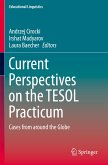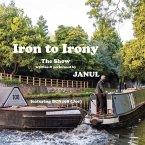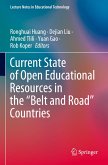Seminar paper from the year 2017 in the subject Didactics - English - Pedagogy, Literature Studies, grade: 1,0, University of Tubingen, language: English, abstract: This paper deals with children's development of grasping and producing irony. After giving a definition of irony and an extensive overview of its forms, the paper will focus on theories which are currently predominant in the field of child psychology and irony."Tim and Jan are [going] to the park for a picnic. [...]. As they unpack their food, it begins to rain. Jan comments, 'What perfect weather for a picnic'." Although Jan's utterance seems to be positive, in this context he obviously means the opposite of what is said. He uses irony to complain about the bad weather. Conversations like these occur several times a day. Therefore, the competence of grasping irony is important for everyday life and in particular for social discourse. Everyone should be able to understand and practice irony.However, this can be complex. Irony is not always obvious and can be easily mistaken for lies or understood in a literal meaning. Adults sometimes struggle to detect irony and consequently, misunderstandings in adult conversations can occur. When even adults struggle with irony, one can assume that children do not grasp irony at all. As children are an essential part of our lives and social surroundings, it is interesting to explore the development of children learning to understand, interpret and produce irony.
Bitte wählen Sie Ihr Anliegen aus.
Rechnungen
Retourenschein anfordern
Bestellstatus
Storno

